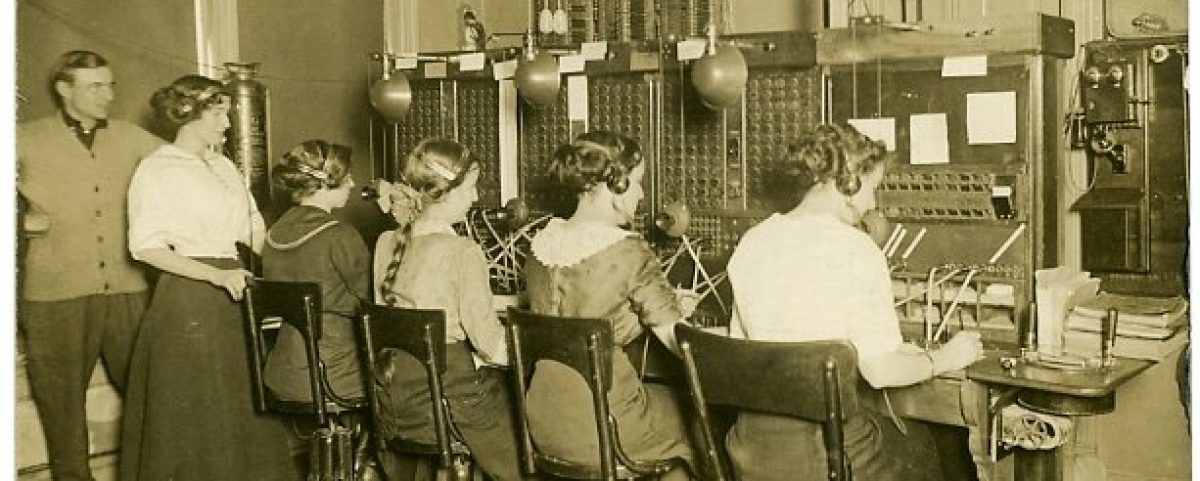This afternoon while driving home from the University of Delaware during a heavy downpour, I listened to Transom, a new public media show. The broadcast, “Southern Flight 242: Bringing My Father Home” by Will Coley, was the piece that had me attentively listening as the rain came down. In it, an audio documentarian digs deeply into the story of his father’s death in a commercial plane crash in New Hope George on April 4, 1977.
Will was seven when Southern Flight 242 went down, taking 72 lives, including nine residents of New Hope, but 22 passengers walked away from the wreckage. He was reluctant to search out the narrative for decades, although many people encouraged him to look into the tragedy. As times made the sad event grow a little more distant, Will stumbled onto a New York Times article describing how surviving passengers and townspeople, who were “brought together by fate and a relentless hailstorm,” came back together in the town of New Hope twenty years after the impact on a Georgia highway.
At the reunion, “eight of the surviving passengers joined more than 100 others whose lives crossed the path of flight 242, including rescue workers, volunteers, doctors, nurses, and relatives of the deceased. Jack Barker, a retired Federal Aviation Administration spokesman, said he had never heard of a similar reunion,” the newspaper reported.
This tragedy deeply affected many people, and Will lost his father when he was seven years old. Left with some photos and a few audio tapes to remember him, it took 35 years before he was ready to look more deeply into the occurrence memorialized in New Hope, GA, as the big jet came down in the center of town.
But while he was cleaning out his grandmother’s house after she passed away, he found a cassette tape with a few brief moments of sounds from long ago as his father showed him how to record something. He had no memory of this as his dad explained audio to the child, a medium he now works in.
With this, he decided to look into the tragedy, as it might help him better understand his father and himself. The material was put together for the show Transom, and the broadcast essay is now available on public media.
This excellent audio essay reminded me of an experience we had in Cecil County on December 8, 2013, when the community and family members of Flight 214 paused to mark the passage of 50 years since the crash of Pan American World Airways Jet, Flight 214, took 81 lives in a cornfield at the edge of Elkton. On the day that marked the passage of a half-century, we invited family members, first responders, and community residents to come together to honor the memory of those who lost their lives and to remember a generation of first responders who answered an unimaginable call that changed so many lives in a split-second.
There are some great new public media outlets, such as Transom and Unfictionalized, sharing first-person stories these days.
Click here to hear the full program
HowSound: The Backstory of Good RadioStorytelling
From the Blog Confessions of an Oral Historian: “A Forgotten Hero of Southern Airways Fligh5 242: New Hope Fire Chief John R. Clayton.”



